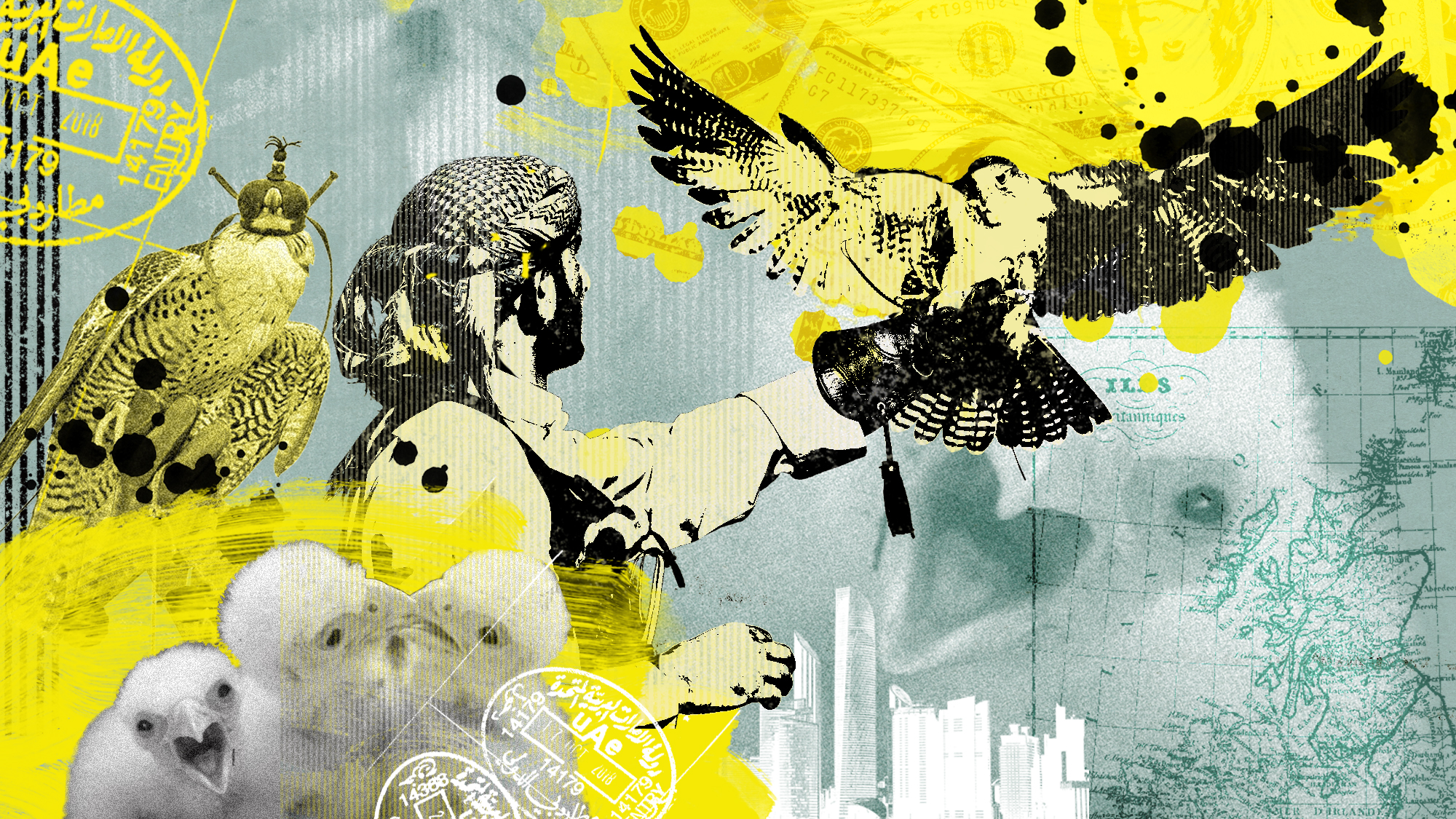Here's what the Big Bang probably sounded like
"Where's the drop?"

Theoretical question time! If a universe suddenly explodes into existence, does it make a sound?
The answer: Yes, of course it does silly, at least according to University of Washington physicist John Cramer, who has created a simulation of the deep, throaty bass line theoretically caused by the Big Bang some 13 billion years ago.
"As the early universe expanded, sound waves propagated through the dense medium that closed back on itself, so that the hypersphere of the universe rang like a bell," Cramer tells TechNewsDaily. The effect, he says, would not have been unlike a magnitude-9 earthquake making our entire planet reverberate.
The Week
Escape your echo chamber. Get the facts behind the news, plus analysis from multiple perspectives.

Sign up for The Week's Free Newsletters
From our morning news briefing to a weekly Good News Newsletter, get the best of The Week delivered directly to your inbox.
From our morning news briefing to a weekly Good News Newsletter, get the best of The Week delivered directly to your inbox.
But just how do you re-create the sound of the Big Bang, especially now that it's long gone? Well, first you need to figure out where it was recorded. According to Rebecca J. Rosen at The Atlantic, Cramer looked to a specific thermal imprint called CMB (short for cosmic microwave background), a special wavelength permeating the universe. "By mapping tiny variations in these waves, scientists can work backward to describe the composition and structure of the early universe," says Rosen. Think of it as a cosmic version of inscribing grooves on an old vinyl record.
After examining CMB data collected in 2003 by NASA's Wilkinson Microwave Anisotropy Probe, Cramer fed the raw wavelength information into a computer program called Mathematica, which is often used to visualize complex math problems. The CMB waves were digitized, the frequency was boosted 100 septillion times so that human ears could actually hear it, and voila! — a playable but strange-sounding galactic belch.
Here's what the first 760,000 years of EXISTENCE ITSELF sounded like immediately following the Big Bang:
No, there isn't a drop. And as usual, that's probably a good thing.
A free daily email with the biggest news stories of the day – and the best features from TheWeek.com
-
 The elite falcon trade in the Middle East
The elite falcon trade in the Middle EastUnder the Radar Popularity of the birds of prey has been ‘soaring’ despite doubts over the legality of sourcing and concerns for animal welfare
-
 A running list of the international figures Donald Trump has pardoned
A running list of the international figures Donald Trump has pardonedin depth The president has grown bolder in flexing executive clemency powers beyond national borders
-
 Mixed nuts: RFK Jr.’s new nutrition guidelines receive uneven reviews
Mixed nuts: RFK Jr.’s new nutrition guidelines receive uneven reviewsTalking Points The guidelines emphasize red meat and full-fat dairy